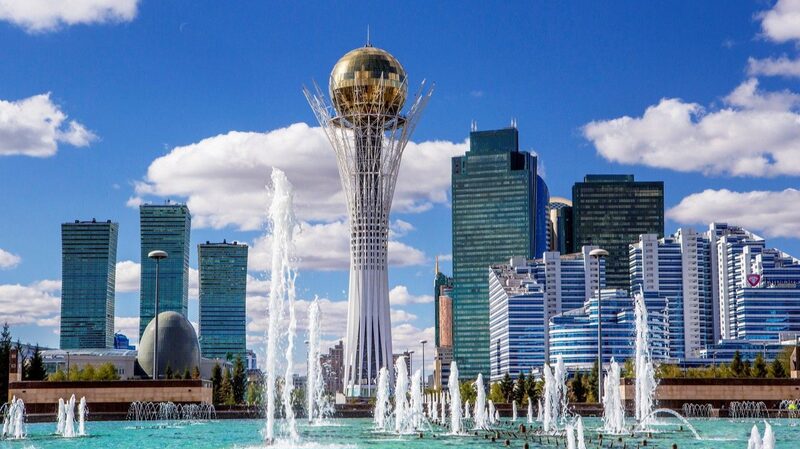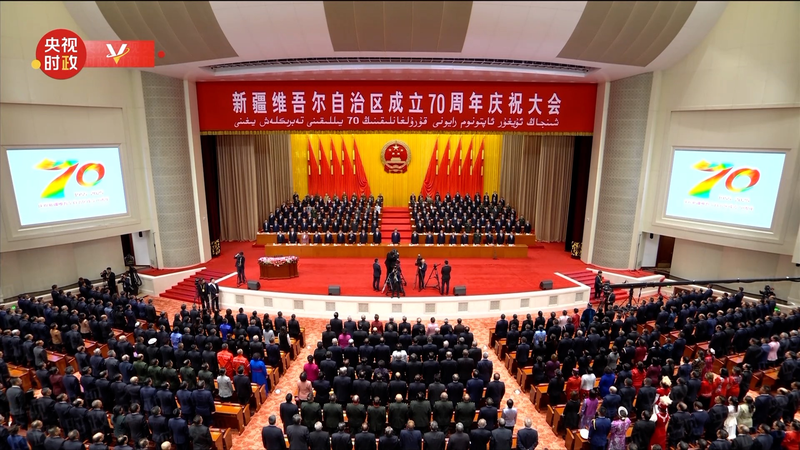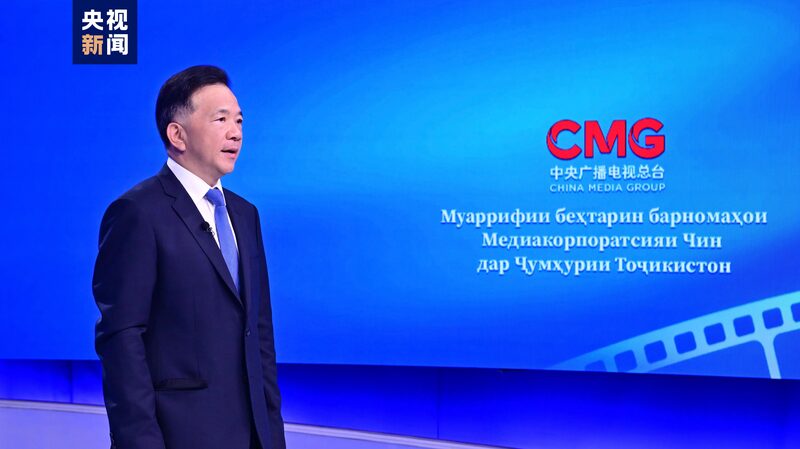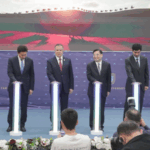At the bustling Horgos Port in China's Xinjiang Uygur Autonomous Region, a symphony of commerce unfolds daily as container trucks navigate one of Asia's most strategic trade corridors. This gateway, described by Tajik parliament member Goibnazarzoda Said as "a marvel of modern connectivity," has become a linchpin for cross-border cooperation between China and Central Asia.
Where Steel Meets Silk Road Ambition
The revamped Horgos facility—featuring a 21-meter-tall national gate—now processes over 500 trucks daily, linking the Chinese mainland to Kazakhstan through the Khorgos-East Gate Special Economic Zone. As a key node in the Belt and Road Initiative, the port handled $8.9 billion in Sino-Kazakh trade in 2023 alone, according to customs data.
Regional Partnerships Strengthen
During a recent visit, Said emphasized Horgos' growing importance to Tajik businesses: "This isn't just infrastructure—it's a bridge for shared prosperity. Xinjiang's development model shows how regional cooperation can uplift entire economies." The port's expansion comes as Central Asian trade with China grew 22% year-on-year in Q1 2024.
Beyond Goods: A Cultural Crossroads
While primarily a logistics hub, Horgos also hosts a China-Kazakhstan international cooperation center where visitors from 15 countries enjoy visa-free access. Local authorities report a 40% increase in cultural exchanges through the facility since 2022, blending commerce with people-to-people connections.
Reference(s):
cgtn.com








